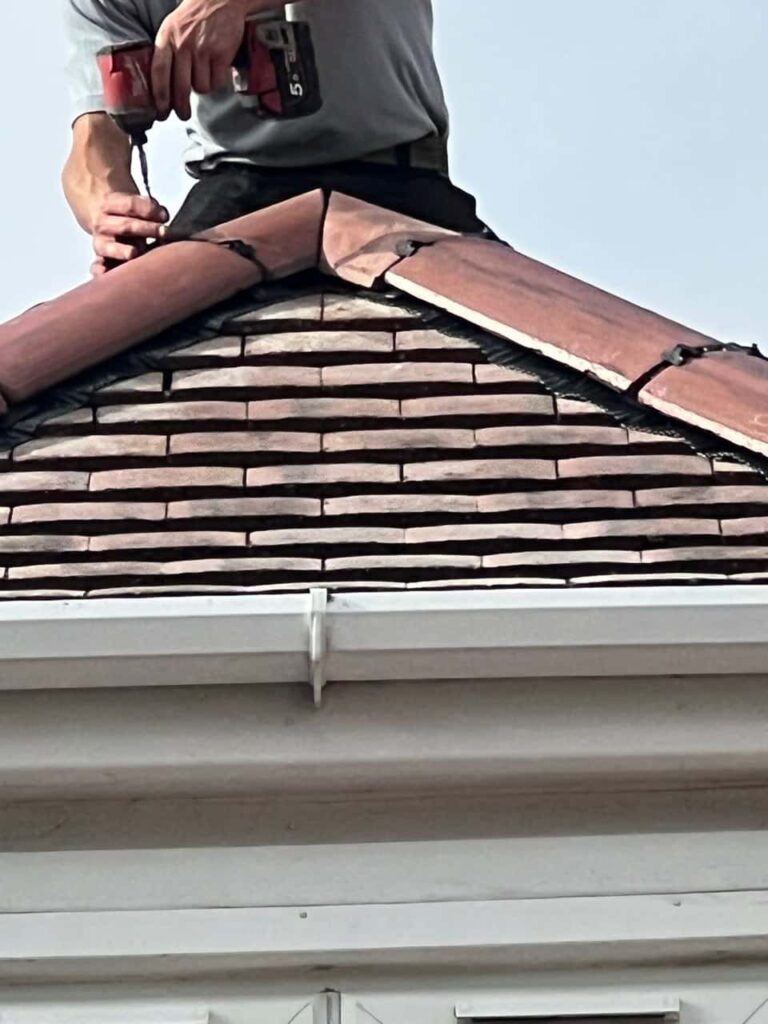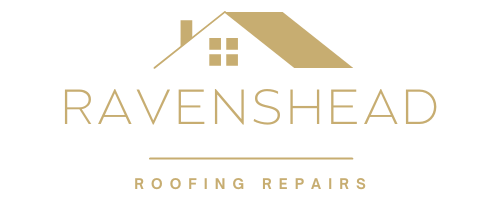Introduction: Flat roofs are popular for many modern buildings, offering sleek aesthetics and functional benefits. However, one aspect that often concerns property owners is noise reduction. Whether it’s rain pattering on the roof or external urban noise, the sound impact can affect comfort and quality of life. At Ravenshead Roofing Repairs, we understand the importance of a quiet living or working environment. This blog post explores how flat roofs can influence noise levels and what you can do to improve sound insulation.
1. Understanding Noise Transmission Through Flat Roofs
Noise reduction starts with understanding how sound travels through a flat roof system. Here are the primary ways sound can impact your property:
- Impact Noise: This is generated by direct impacts on the roof, such as rain or hail. Impact noise can be more pronounced on flat roofs due to the lack of pitch, making the surface more susceptible to sound transmission.
- Airborne Noise: This includes sounds from external sources, such as traffic or construction noise, penetrating the roof structure. Flat roofs can sometimes allow more airborne noise to enter due to less effective sound barriers.
Tip: Identifying the noise problem you’re experiencing is crucial in selecting the right solution.
2. Types of Flat Roof Insulation for Noise Reduction
Choosing the right insulation material is key to reducing noise levels. Here are some effective options:
- Acoustic Insulation: Acoustic insulation, specifically designed to reduce sound transmission, can be installed between the roof deck and the ceiling. Materials such as mineral wool or acoustic foam are excellent for absorbing and dampening sound.
- Thermal Insulation: While primarily used for temperature control, high-quality thermal insulation materials like rigid foam boards or spray foam also offer good sound insulation properties.
- Soundproofing Membranes: These are installed directly onto the roof deck or beneath the roofing material. They are designed to block sound transmission and improve overall noise reduction.
Tip: Consult a roofing professional to determine the best insulation type for your noise reduction needs.
3. Enhancing Noise Reduction with Roofing Systems
The choice of roofing system can significantly impact noise levels. Consider the following systems for better sound control:
- Green Roofs: These are covered with vegetation and soil, which naturally absorb and deflect sound. Green roofs provide excellent sound insulation and offer additional environmental benefits.
- Reflective Roofing: Roofs with reflective coatings or materials can reduce noise by reflecting sound waves away from the building, though they are more commonly used for heat reduction.
- Roof Decking: Adding an extra layer of decking or using soundproofing boards can help to reduce noise transmission. Combining this with insulation materials enhances overall noise control.
Tip: A combination of roofing systems and insulation can offer superior noise reduction compared to a single method.
4. Maintenance and Sound Insulation
Regular maintenance of your flat roof is essential for maintaining effective noise reduction. Here’s how to ensure your insulation remains in top condition:
- Inspect Regularly: Check for any damage to the roofing membrane, insulation, or decking that could compromise sound insulation.
- Address Leaks Promptly: Leaks can damage insulation materials and reduce their effectiveness. Repair any leaks immediately to prevent further issues.
- Replace Worn Materials: Insulation materials can degrade over time. Replace any worn or damaged insulation to maintain optimal noise reduction.
Tip: Schedule regular inspection and maintenance with a professional to keep your flat roof and insulation in good condition.
5. Professional Advice and Installation
Proper installation of noise-reducing materials is crucial for achieving the best results. Professional roofing services ensure that:
- Materials are Installed Correctly: Incorrect installation can lead to gaps and reduced effectiveness. Professionals ensure that all materials are installed to industry standards.
- Noise Reduction Goals are Met: Experts can assess your noise issues and recommend the most effective solutions tailored to your needs.
Tip: Always choose a reputable roofing contractor with experience in noise reduction and soundproofing for your flat roof.
Conclusion: Flat roofs offer many advantages, but noise reduction can be challenging. By selecting the right insulation materials and roofing systems and maintaining your roof properly, you can significantly improve the sound insulation of your flat roof.
Call us on: 01623 700 893
Click here to find out more about Ravenshead Roofing Repairs
Click here to complete our contact form and see how we can help you with your roofing needs.

